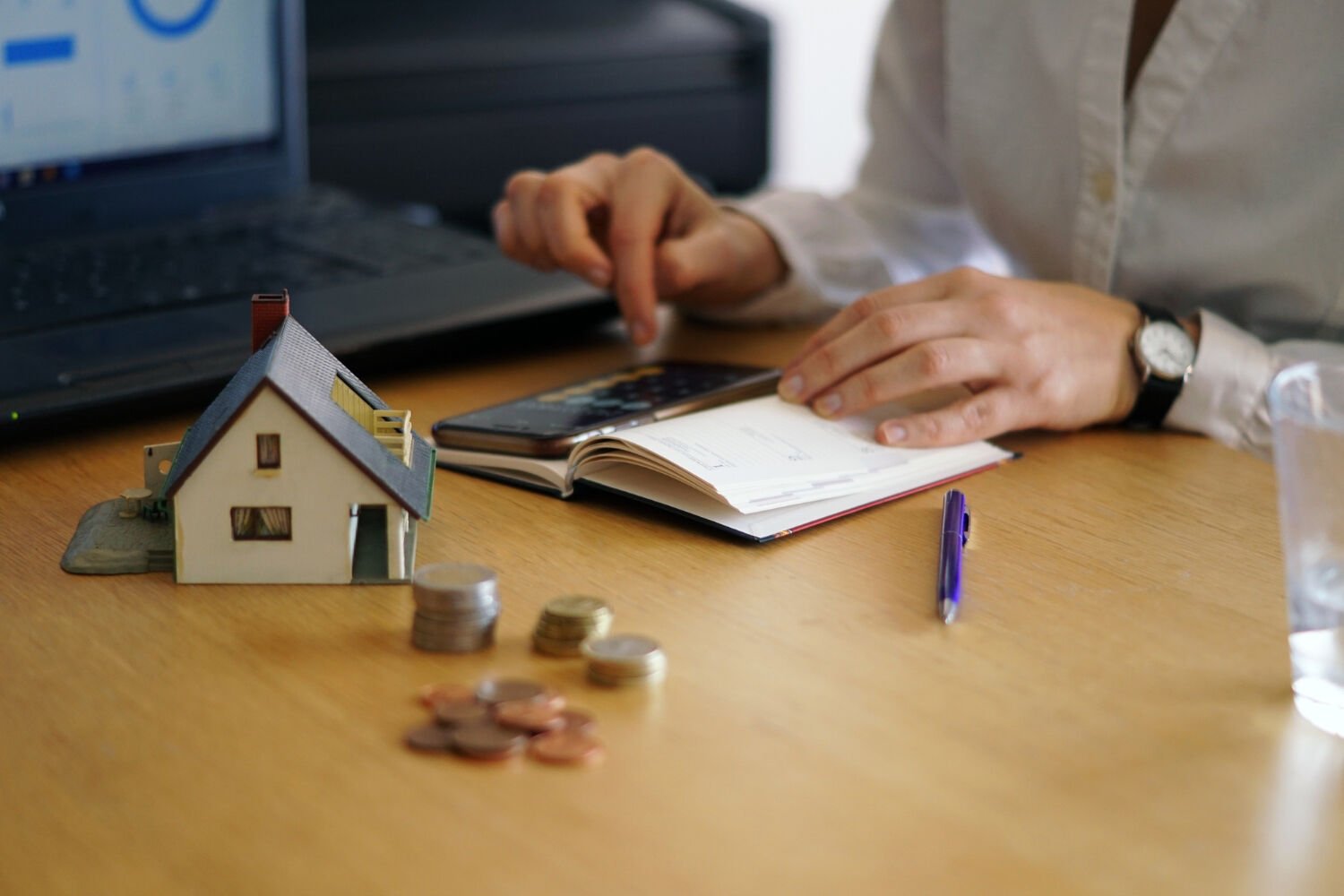Your go-to guide to property taxes in Thailand

Buying property in Thailand is an exciting venture, whether for investment or because the beauty of this tropical country has captivated your heart. But how familiar are you with the property taxes in Thailand? The country’s tax system can seem quite complex for foreigners thinking of buying or selling property. However, it’s important that you understand it to ensure a smooth transaction process.
Here’s a list of taxes you need to pay when selling or buying a property in Thailand.
Transfer Tax

When buying property in Thailand, understanding the concept of Transfer Tax is essential. This tax is charged by the Thailand Land Department on all transfers of land and property at a flat rate of 2% of the property’s assessed value – a cost the buyer is obligated to bear.
The Transfer Tax is levied at the moment the property ownership is transferred. It’s important to note that the assessed value of the property, often referred to as the registered value, is the base for this tax.
Stamp duty
Stamp Duty in Thailand refers to a tax on property transfer, typically paid by the seller. It’s an essential part of the process for foreign investors registering their property. This duty stands at 0.5% of the registered value of the property, calculated from the higher sum of either the assessed cost or the selling price.
It’s important to note that this tax is payable if you’re not liable for Business Tax. The obligation to pay this tax arises at the time of the property sale. Thus, you need to keep it in mind when you’re planning to sell your property in Thailand.
Withholding tax

Withholding Tax is another critical aspect to consider when selling property in Thailand, and its application varies depending on the seller’s status.
If the property seller is registered as a company, the Withholding Tax is 1% of either the sale price or the appraised property value, depending on which is higher. The company must report the income from the sale on their income tax return.
For individual sellers, the situation is somewhat more complex. Taxes are calculated on a progressive scale, ranging from 0% to 35%, as the property’s value increases. The sale price is classified as gross income, from which expenses are deducted. The net income, once assessed, is divided by the total years of ownership to determine the total obligation.
If you’re a non-tax resident, you’ll either pay the withholding tax or it will become a tax credit if a double tax treaty is in place between Thailand and your home country. Should you wish to send the income back to your home country, a flat rate of 15% will be applied.
As a seller, you can choose to either declare the sales income on your tax return or not, with the option to subtract the withholding tax already paid if you do.
Calculating withholding tax
There are two steps involved in calculating the withholding tax for individual property sellers.
Firstly, calculate the yearly taxable income. You do this by taking the property’s assessed value, multiplying it by a deduction factor (which varies based on how long you’ve owned the property) and then dividing that amount by the number of years the property was owned.
Following that, the second step is to determine the total withholding tax you owe. This involves calculating the annual taxes owed by using the progressive income tax scale against the annual net taxable income calculated in step one. Multiply this annual tax by the total years the property has been owned to find out the total withholding tax due.
Special business tax
For those selling a property they’ve owned for less than five years in Thailand, there’s a tax called the Special Business Tax to consider. This stands at 3.3%, calculated from either the evaluated cost or the selling price, depending on which is higher. Sellers, whether individuals or businesses are obliged to pay this tax.
On the other hand, if you’ve owned the property for over five years, or your name is on the official property registration certificate, you are exempt from this tax. Another point to note is that when you are required to pay the Special Business Tax, you become exempt from the Stamp Duty fees.
Rental income tax
Rental Income Tax is a part of the House and Land Tax in Thailand. Essentially, if you own a property and rent it out, you will need to pay this tax. It’s calculated as 12.5% of the annual rental income, whether that income is actual or estimated. Of course, if you own and live in the property yourself, you’re exempt from this tax.
However, for companies that own property, this tax is always applicable. This is because company-owned property is considered to be for commercial use irrespective of whether it is rented out or not.
One way to potentially reduce your tax burden is by dividing your total rental income into two parts: rent for the property itself and additional charges for furniture or services. The latter is not subject to the House and Land Tax. But keep in mind that if you’re a company registered for Value Added Tax (VAT), a 7% tax applies to income from furniture and services.
Interestingly, if a property is owned by a Thai company, foreign residents living on the property are not obliged to pay Land and Property Taxes. This is because the property is not being classified as ‘owner occupied’.
It’s important to remember that in Thailand, rental income is considered taxable. Hence, whether you’re an individual or a company, you need to declare this income and pay taxes accordingly. Individual landlords pay according to the progressive income tax scale, while companies typically pay 30% corporate income tax.
When and how to pay property taxes in Thailand

Since Thailand does not have a general property tax, the due time varies. The tax year runs from 1st January to 31st December, and taxes for this period are due by 31st March. If you’re renting your property out, your taxes will be due in February. Ensuring timely payment will keep your affairs in order and free of unnecessary fines.
Managing your property taxes in Thailand is a straightforward process, and several methods are available for payment. Firstly, you can pay your taxes online through your Thai bank account to the Revenue Department. Both Bangkok Bank and Krungthai Bank accept tax payments at their branches. The latter is particularly recommended for its efficiency in dealing with government organisations in Thailand.
There are several ways you can pay for your property taxes. First, you can go to the bank yourself. For smaller amounts, payments can be made via an ATM or through the bank’s website. You can also arrange your payment through a juristic person. The choice lies with you to assess which method is most suitable for your circumstances.
Without factoring in property taxes, you can really make a dent in your property investment in Thailand. So be sure to calculate them carefully and get the help of an expert when necessary.
Need more guidance on taxes in Thailand? Check out our guide to taxes for expats in Thailand.
Latest Thailand News
Follow The Thaiger on Google News:


























